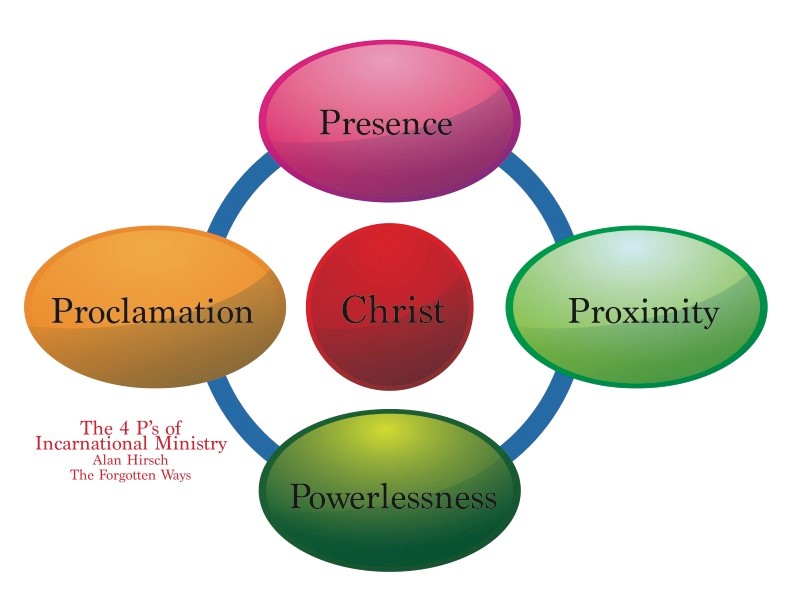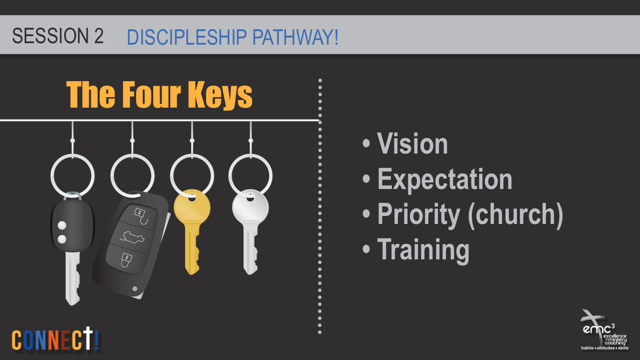October 6, 2015
By Eddie Pipkin
Click Here to Read Full VentureBeat Article
Elon Musk is considered by many to be a genius. He founded PayPal, SpaceX, SolarCity, and Tesla. He works tirelessly to harness technology to build money making businesses AND promote a more environmental (and adventure-filled) planet. Heck, he has been acknowledged as the inspiration for the Tony Stark character in the Iron Man movies. But hero though he is, even he blows it sometimes.
Tesla is considered one of the ground-breaking companies of our age, building high performance electronic vehicles that are good for the world and look amazing, too). The anticipation level was off the charts at the on September 29th as Tesla prepared to unveil its first sport utility vehicle, the Model X. The occasion had been hyped in the press, and at the launch party in Fremont, California, the room was filled with excited investors and media members. And then Musk came out on stage and the actual event began.
As reported by John Kotsier of the VentureBeat technology web site, here’s what happened next:
“Musk looks and sounds nervous at the beginning, stumbling frequently in his presentation and throwing in frequent “ums” and “ahs.” That’s not nearly the worst part, though.
The worst part is the content.
Tesla is a game-changing company. Its product is a game-changing car—one that Consumer Reports said was the best car they’ve ever tested. The new Model X is a major addition to the line-up and a hotly awaited SUV version of the company’s eco-friendly vehicles. It’s beautiful. It has self-opening doors! Gull-wing doors! It’s gorgeous. Sexy, even. Exciting. And painstakingly designed.
And Musk starts with safety. Minutes and minutes of safety. Maybe 10 minutes of crashes, crumple zones, collision-detection systems, risk of death, and chances of serious injury.”
Kotsier goes on to point out that this is a billionaire entrepreneur with every possible resource available to put on a dazzling event equal to the product it is promoting. Musk has an entire PR and marketing division at hand. Yet the presentation is characterized as “disastrous.” The genesis of the disaster—or more charitably characterized, the missed opportunity (since it’s unlikely to actually impact the sales of the Model X)—is diagnosed as an inattention to detail, a lack of preparation, and a distraction from the most exciting part of the story.
It’s a reminder to those of us who plan worship and other gatherings. People show up excited and with expectations, hungry for what we have to offer and looking to be fed (this presence is voluntary after all). And whether it’s worship, or a discipleship class, or a leadership meeting, we can’t just shrug off the work of preparation, no matter our glorious reputations, our previous superstar performances, or even our amazing ‘product’ (and it is certainly a little callous and sacrilegious to think of Jesus in terms of a product that we are selling—that’s a whole other blog—but even a message as spectacular and life-changing as the Gospel is done a disservice when we don’t bring our best to communicating it effectively and with passion).
Here are the cautionary reminders to take to heart:
- Details matter.
Paying attention to little things can pay off in big ways. It may seem like a time-suck to pin down the seemingly insignificant items, but a piece of scrap metal on a track can derail a whole train.
- Preparation counts.
It’s worth taking extra time to plan carefully and rehearse the details. Writing things down always makes us stronger. Physically walking through a space acclimates us. Mentally practicing an event ingrains sequence and transitions and creates a safe space for us even when something doesn’t go according to script.
- Stay focused.
Stay out of the weeds. Every presentation has a thousand potentially interesting cul-de-sacs. Remain focused on the overall purpose of why you are in the room with this particular group of people at this particular time. Every detail should reinforce and lead back to that main purpose. Even super-cool details should be kept in the proper proportion for the moment.
- Leaders invite analysis.
Why surround ourselves with the brain power and intuition of great teams and then go solo? The purpose of all that creative and analytical energy is to get it involved in the process. You own the details of your “thing” (particularly when it’s a ‘leader presentation’ like Musk’s), but the help of the team makes you stronger, especially when they are empowered to ask good questions.
- Feedback keeps it real.
Always be eager for feedback—before, during, and after. Give your team and fellow leaders permission to be honest about what they think will or won’t work or how it can be tweaked to make it stronger. Pay attention to the ‘audience’ when in the midst of any presentation. Be prepared to make adjustments as needed (an option that careful preparation makes possible). Keep a historic perspective of feedback over time—always keep in mind the last event and the event before that, charting (and celebrating) the incremental progress you make at applying earlier feedback lessons learned.
Kotsier apologizes for doing it, but then contrasts Musk’s performance with the Hall of Fame master of the launch event, Steve Jobs: “Jobs understood the value of beginnings, the value of events, and the value of prep time. I suspect that after this event, Musk will too—if he gets honest feedback from those around him.” It is an analysis that values the audience, those who receive the message. It encourages us to not get so caught up in our own experience of the message or our own insider involvement in the organization delivering the message that we forget the people in the seats who have come expectantly to hear, to see, and to experience.
Do you have a tale about a time when you (or someone with whom you were working) skimped on the preparation and got burned? Or perhaps a success story of a time you prepared with exquisite attention to detail and it really paid off? Do you have a particular process or reminders that help you stay focused in this way while you are in the middle of event planning chaos?
Share your challenges and triumphs in the Comments section.



Leave A Comment